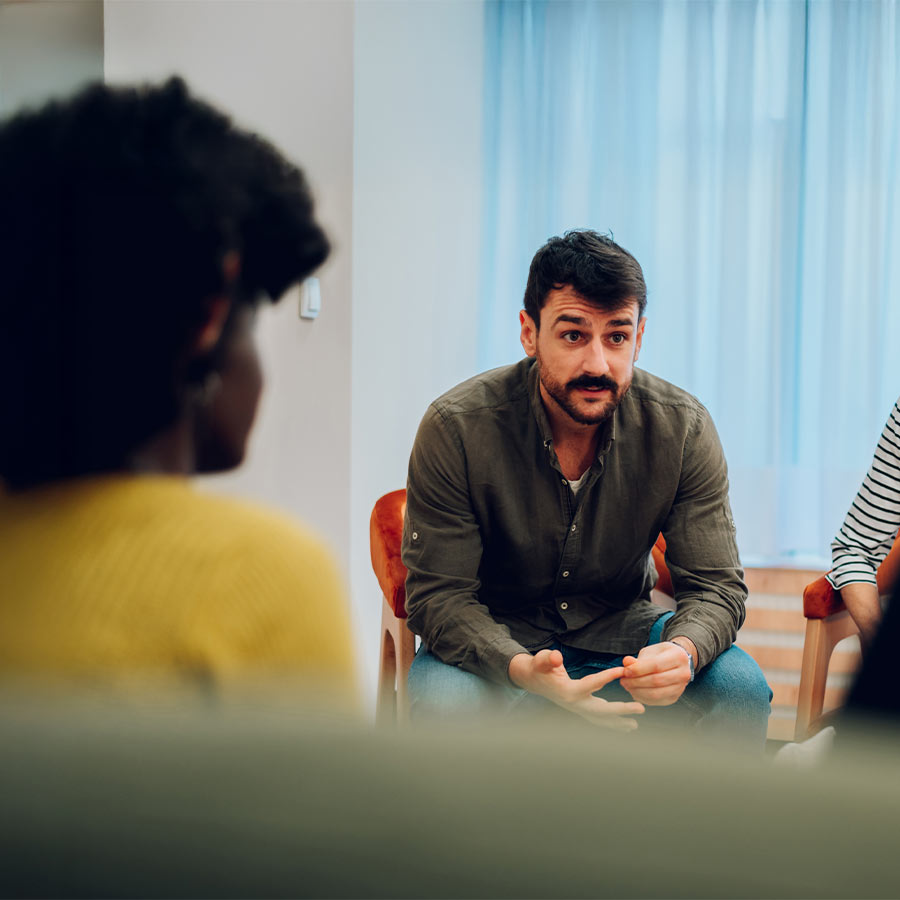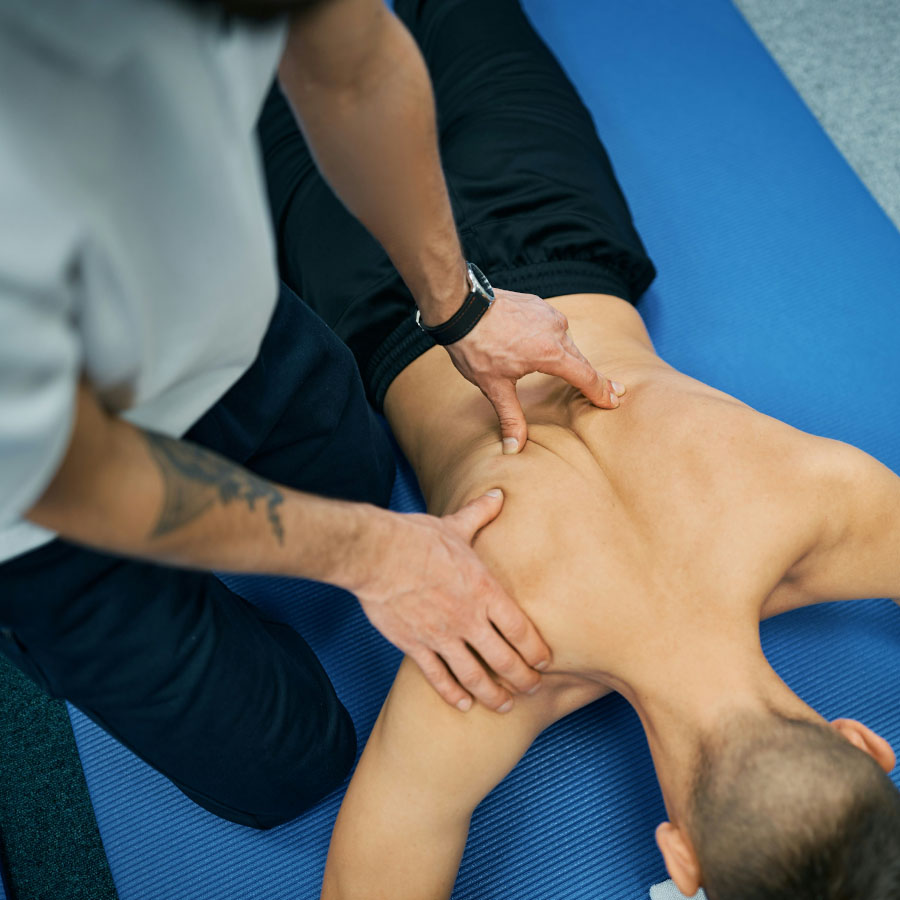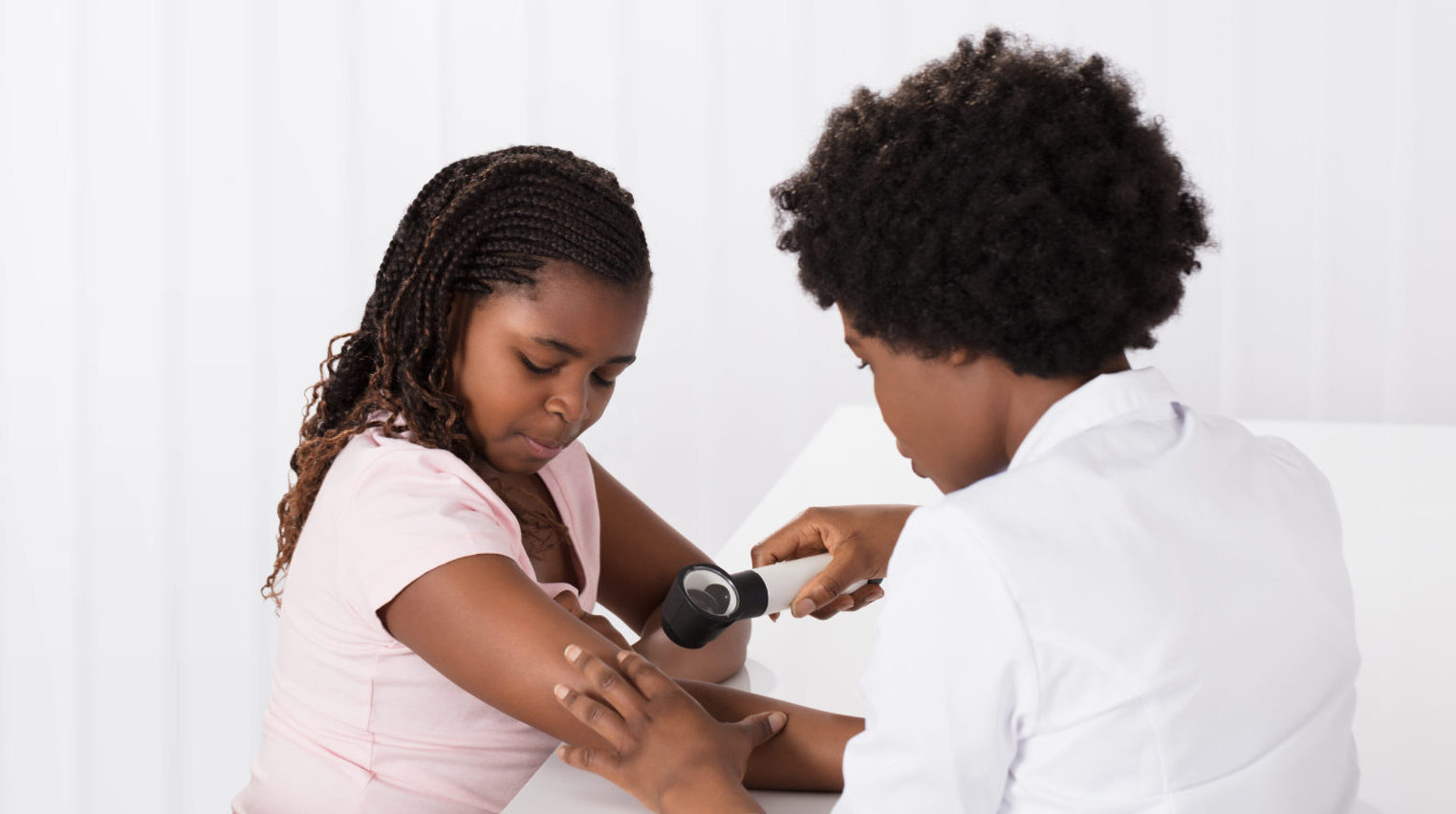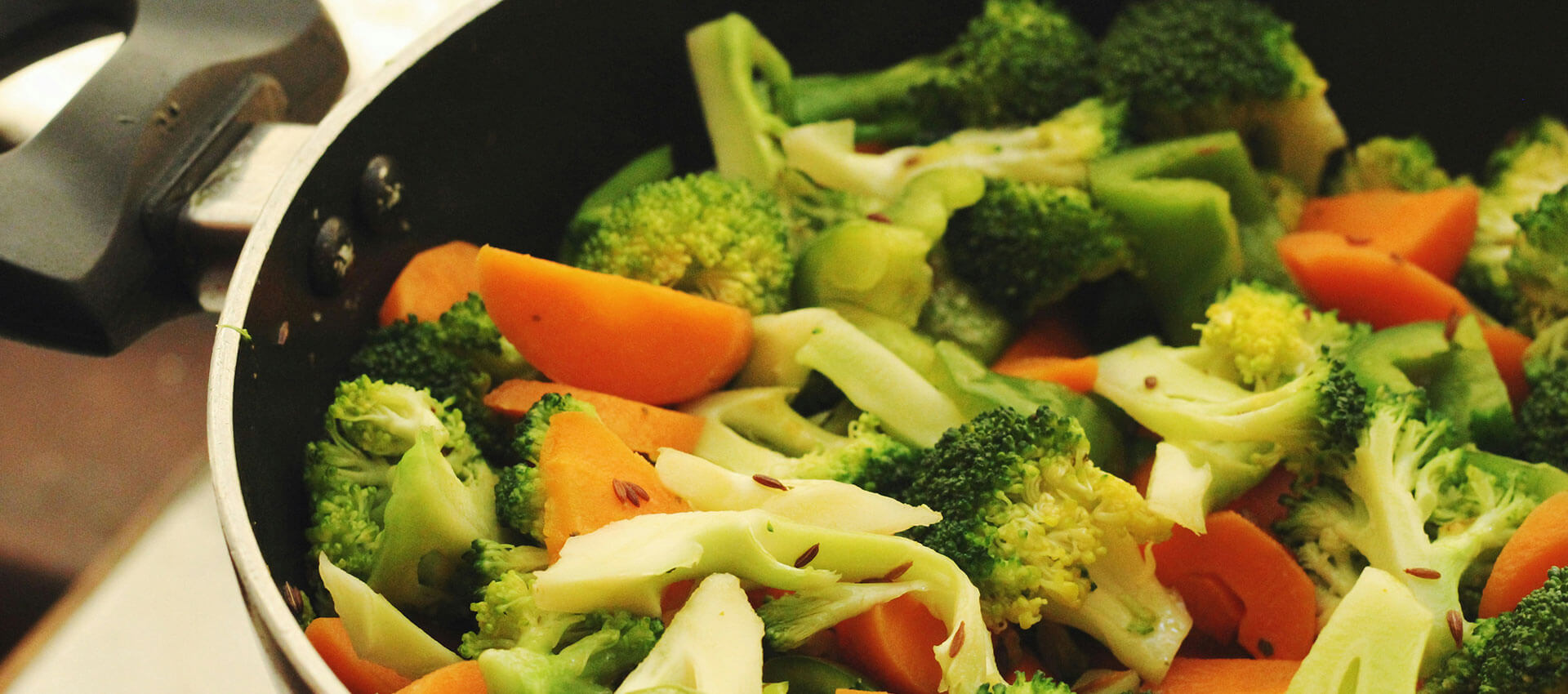When competing in an endurance event like a marathon, what you eat and drink can have a big impact on your performance.
The 3 Essentials for race day are: fluid, electrolytes and carbohydrate.
Depleted carbohydrate stores can lead to muscle fatigue as well as poor concentration – two things you want to avoid when trying to run a PB.
To start with let’s look back at Biochemistry basics:
– The body stores carbohydrate (or glucose) as glycogen in our liver and muscles.
– These glycogen stores are utilised when the body needs to use glucose for energy and to maintain stable blood glucose levels.
– Overnight (or when we are not eating carbohydrate) our liver glycogen stores are utilised to maintain stable blood glucose.
– During exercise, our muscle fibres utilise glycogen in muscle for energy.
– Glycogen stores can be depleted quickly during intense exercise, such as during a marathon or distance event.
To make sure you PERFORM AT YOUR BEST follow these guidelines:
* BEFORE THE EVENT – Max out your glycogen store *
1. Carbohydrate load in the lead up to the event. This is your green light to enjoy large amounts (within reason!) of carbohydrate (such as pasta, bread, rice, potato, cereals, fruit, milk, yoghurt, smoothies, juices) in the 3-4 days before the event. Just don’t overeat the day before the event as you may wake up feeling sluggish.
2. Eat a carbohydrate snack before bed the night before the event (e.g. glass of milk and biscuits) to minimise glycogen depletion overnight.
3. Eat a carbohydrate rich breakfast 2 hours before the event. Foods lower in fat and fibre are less likely to cause stomach upset. The guide is to have around 2g carbohydrate per kg bodyweight.
For someone who weighs 60kg this would mean eating 120g carbohydrate, which looks like:
2 x slices toast (40g carb)
2 x tablespoon jam (30g carb)
1 x banana (20g carb)
350ml orange juice (30g carb)
* DURING THE EVENT – Maintain carbohydrate supply *
1. Start refuelling early in the race to prevent glycogen depletion.
2. Sports drinks might be your best option as they supply fluid, electrolytes and carbohydrate (all 3 of the essentials for race day).
3. About 150 – 200ml of sports drink every 15 – 20 minutes during the race will provide you with the right amount of fluid, electrolytes and carbohydrate to result in optimum performance.
Practice your nutrition strategy during training to figure out what works best for you as everyone is different.
Our team of expert physiotherapists are ready to help you with your event preparation or last minute injuries … to get you to the start and across the finish line.
If you would like further information on Diet and Nutrition please contact us, or book an appointment with our Dietitian.
Running a Spring Marathon? Click here for last minute prep and race day tips. Good luck!
Page added: 16/04/2017
Information & Guidance
Access our Health Hub
Long Term Condition
People living with Long Term Conditions (LTC’s) are more likely to experience mental symptoms due to their physical symptoms causing anxiety, worry, overthinking and avoidance.
Related Articles

Pennine’s Fracture Liaison Service: Quietly transforming lives in Oldham
Discover how Pennine MSK’s Fracture Liaison Service in Oldham is leading the way in osteoporosis care, prevent
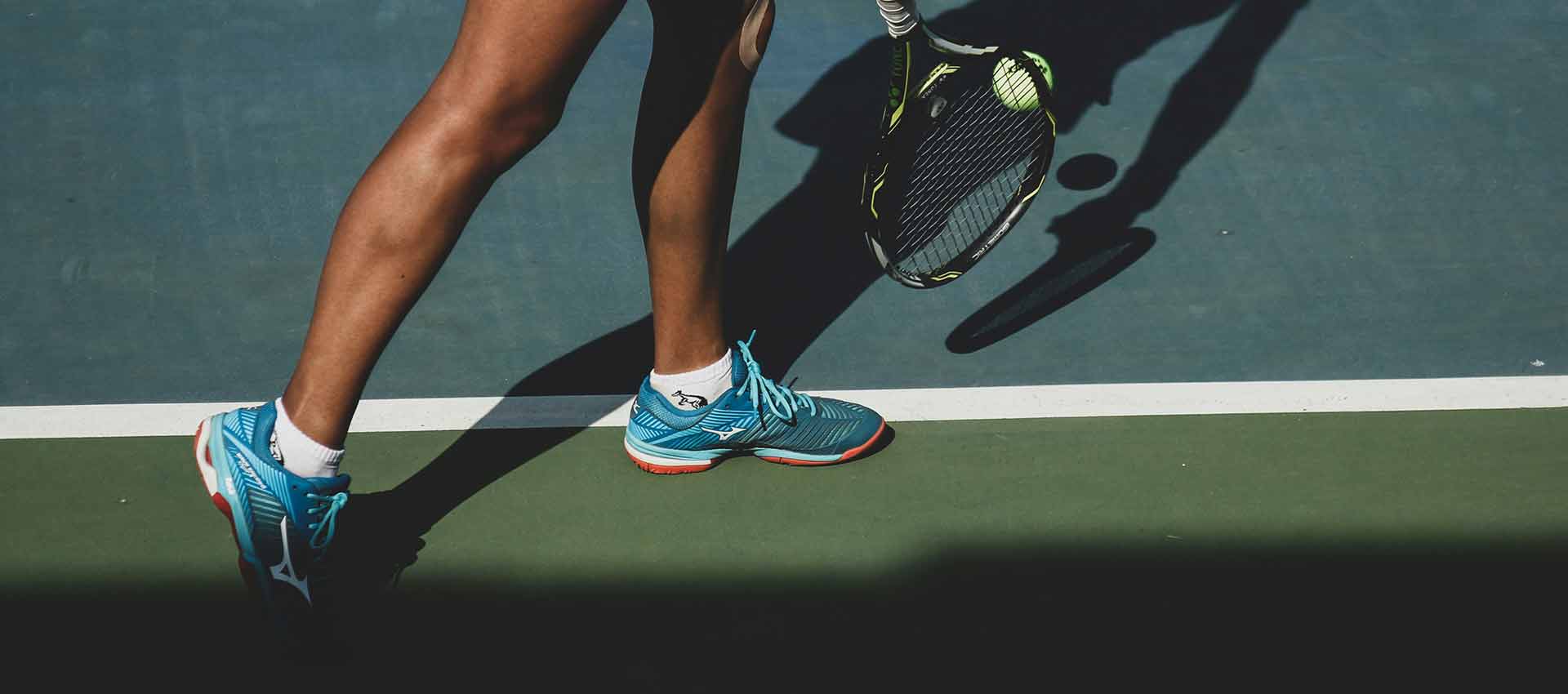
Tennis injuries: symptoms and prevention
Tennis injuries can be short or long term – these last ones being associated to the upper body (overuse).

5 Simple Tips for Back Care
Back pain is often, it’s your body reminding you to move, rest, or adjust your habits.

The benefits of physical activity for mental health
The benefits of finding even small moments for movement in our everyday lives are great.




